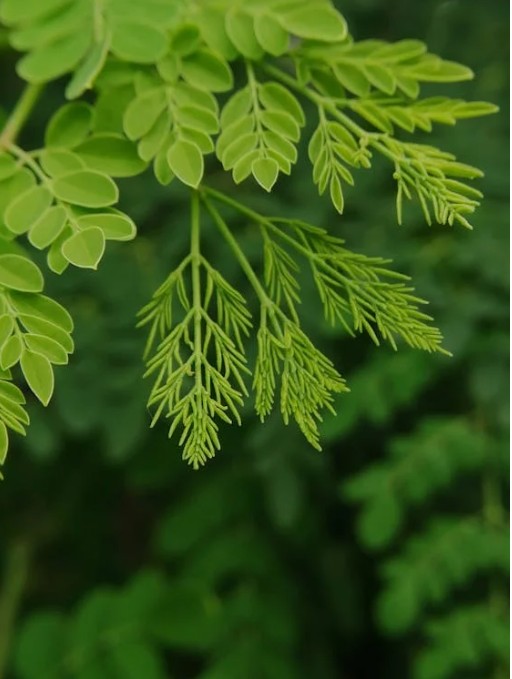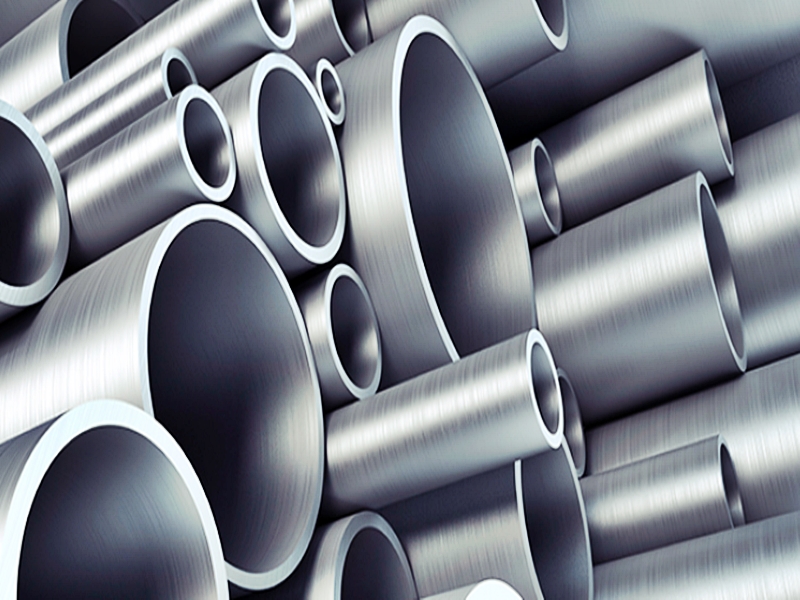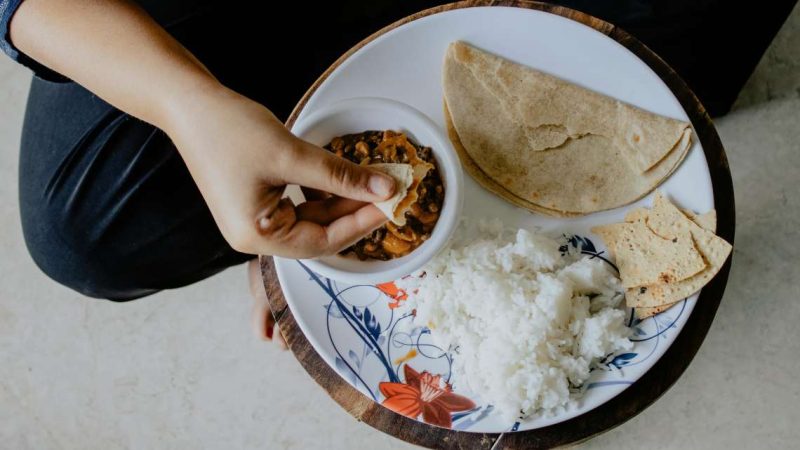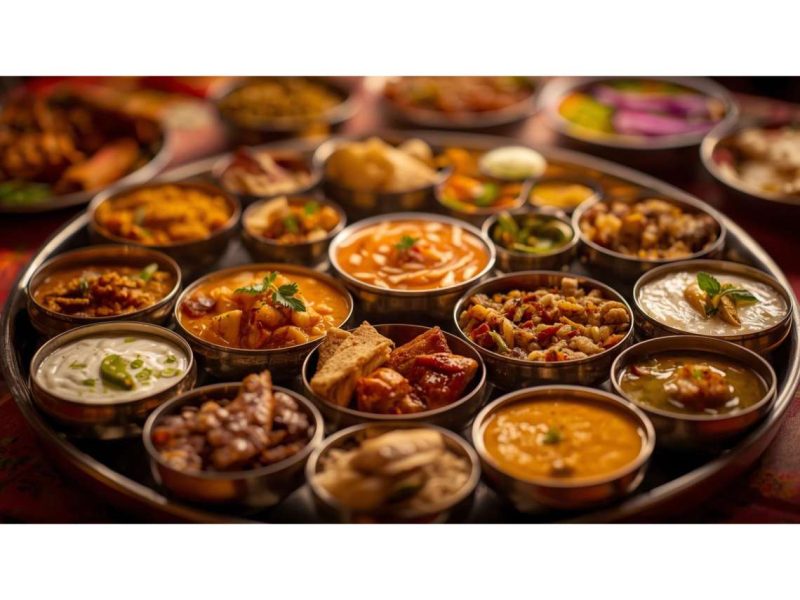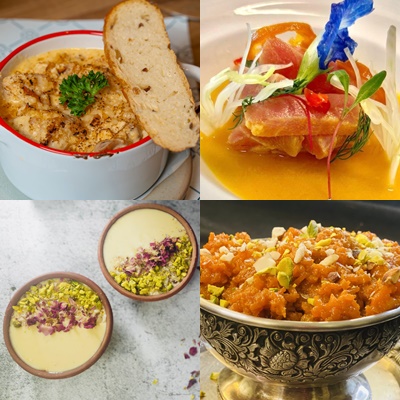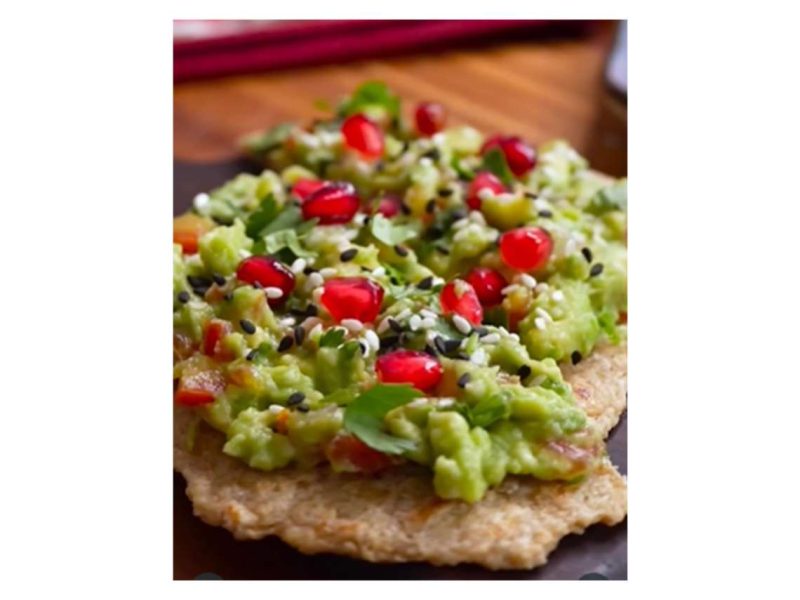Haemoglobin, an iron-rich protein found in red blood cells, plays a crucial role in transporting oxygen throughout the body. When haemoglobin levels drop, individuals may experience fatigue, weakness, shortness of breath, headaches, and other symptoms. If the drop is significant, it can lead to a condition called anaemia. Fortunately, your diet can play a significant role in maintaining healthy haemoglobin levels. Below are some food items that can help boost iron levels and support overall health.
Green Leafy Vegetables: A Natural Source of Iron
Green leafy vegetables, such as spinach, mustard greens, celery, and broccoli, are excellent plant-based sources of iron. These vegetables can be key players in boosting haemoglobin levels due to their high iron content. Along with being rich in iron, they are low in calories and high in dietary fibre, making them a healthy addition to any diet. Regular consumption of these vegetables can support overall blood health and improve iron absorption.
Beetroot: A Nutrient-Rich Superfood
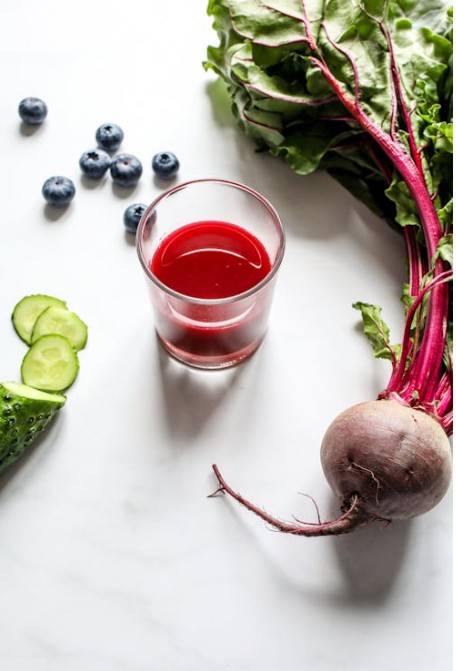
Beetroot is a powerhouse of nutrients, including copper, phosphorus, iron, magnesium, and vitamins B1, B2, B6, B12, and C. These minerals and vitamins are essential for improving haemoglobin levels and aiding in the regeneration of red blood cells. Whether consumed raw, cooked, or juiced, incorporating beetroot into your diet can support better blood circulation and energy levels.
Moringa Leaves: A Powerful Supergreen
Moringa leaves are another nutrient-packed food that can help boost haemoglobin levels. Rich in minerals like zinc, iron, copper, and magnesium, as well as vitamins A, B, and C, moringa is a natural remedy for improving red blood cell production. One popular way to consume moringa leaves is to make a paste from finely chopped leaves, mix it with jaggery powder, and enjoy it as a tasty supplement. This simple remedy can aid in increasing haemoglobin and red blood cell count.
Raisins: A Sweet Iron Source

Raisins are not just a tasty snack, but they also serve as an excellent source of iron, copper, and essential vitamins. Including raisins in your diet can contribute to boosting your haemoglobin levels. Their iron content, along with other minerals and vitamins, supports the production of red blood cells, making them a valuable addition to any diet aimed at improving haemoglobin.
Sesame Seeds: A Tiny Powerhouse of Nutrients
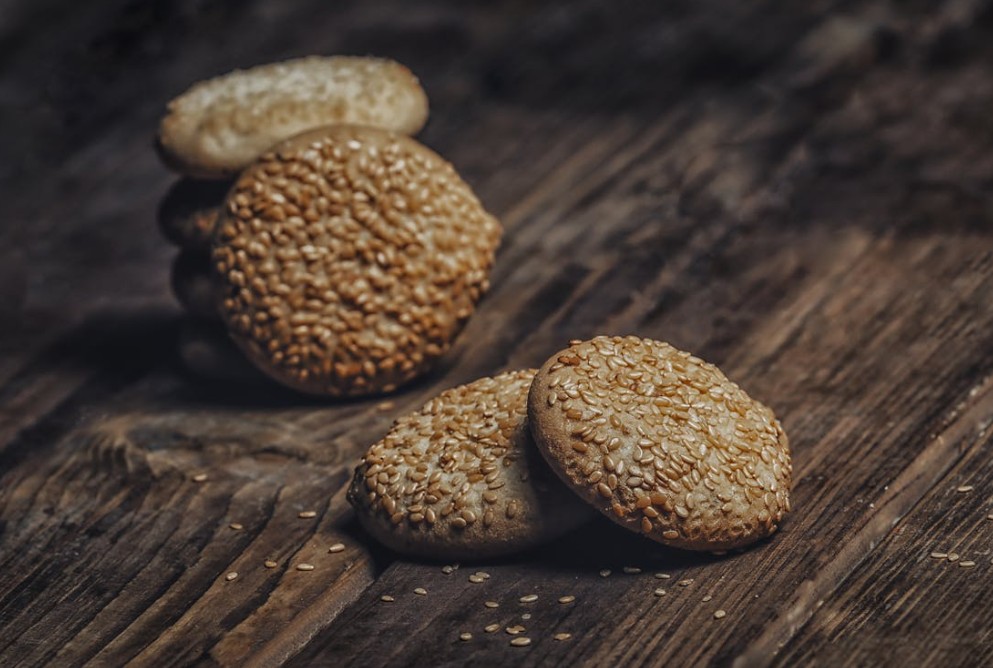
Black sesame seeds are packed with iron, calcium, magnesium, copper, zinc, selenium, vitamin B6, E, and folate. These small seeds are an excellent way to boost your iron intake. You can easily incorporate sesame seeds into your diet by sprinkling them on cereal, oatmeal, yogurt, or fruit salads for an added nutritional boost.
Consult a Healthcare Professional
It is important to note that while these foods may offer potential health benefits, individual responses to dietary changes can vary. This article is intended for informational purposes only and should not be considered medical advice. We strongly recommend consulting with a healthcare professional or a registered dietitian before making any significant changes to your diet or lifestyle.


